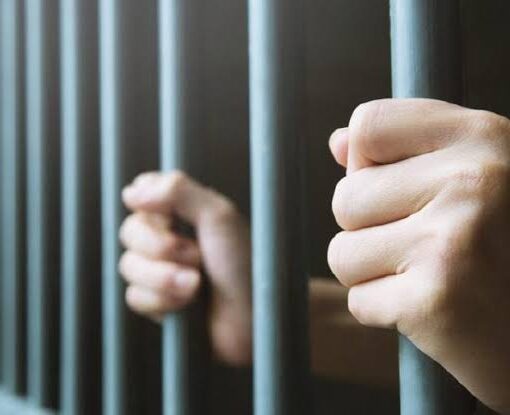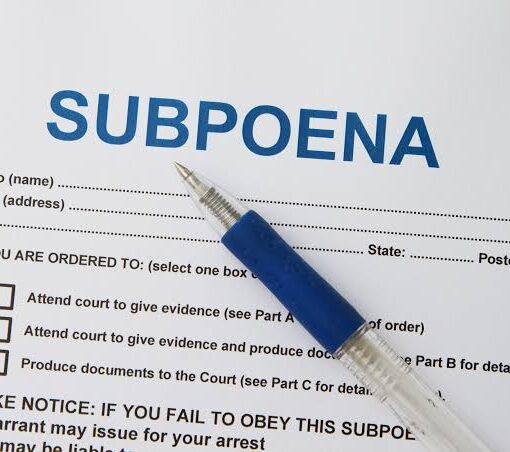In the realm of criminal justice and corrections, two crucial terms often come into play – “parole date” and “discharge date.” Both of these terms pertain to the release of individuals who have been incarcerated, but they serve different purposes and are governed by distinct rules and regulations. This in-depth analysis will define both parole and discharge dates, explore the fundamental differences between them, and delve into the implications of each within the context of the criminal justice system.
Definition of Parole Date:
The parole date is a pivotal concept within the criminal justice system, primarily associated with individuals who have been sentenced to prison. Parole is a form of conditional release granted to inmates before the completion of their full sentence. The parole date represents the anticipated date on which an inmate becomes eligible for release, typically after serving a portion of their sentence and meeting specific criteria, such as demonstrating good behavior and participating in rehabilitation programs.
Definition of Discharge Date:
In contrast to the parole date, the discharge date signifies the culmination of an individual’s involvement with the criminal justice system. It is the date on which an ex-offender is officially released from all legal obligations and supervision related to their conviction. The discharge date occurs when an individual has served their full sentence, including any parole or probation periods, and is considered debt-free to society in the eyes of the law.
Differences between Parole Date and Discharge Date:
Now, let’s explore six key differences between parole dates and discharge dates:
1. Legal Status:
– Parole Date: On the parole date, an inmate is conditionally released from prison but remains under supervision and must adhere to specific terms and conditions set by the parole board. They are still considered a part of the criminal justice system.
– Discharge Date: The discharge date signifies the end of an individual’s legal obligations and supervision. Once discharged, they are no longer under the jurisdiction of parole or probation officers.
2. Timing of Release:
– Parole Date: Inmates become eligible for parole before completing their full sentence. The timing of their release is contingent on various factors, including their behavior, rehabilitation progress, and adherence to parole requirements.
– Discharge Date: An individual is discharged only after serving the entire sentence, including any parole or probation periods. It marks the completion of their punishment.
3. Supervision:
– Parole Date: Parolees are subject to strict supervision, including regular check-ins with parole officers, mandatory drug testing, and restrictions on their activities. Violating parole conditions can result in re-incarceration.
– Discharge Date: Once an individual is discharged, they are no longer supervised by the criminal justice system. They regain their full civil rights and can resume their normal life without ongoing monitoring.
4. Conditional Release:
– Parole Date: Parole represents a conditional release, implying that individuals must meet specific criteria and adhere to rules and regulations during their parole period. Failure to do so may result in parole revocation.
– Discharge Date: The discharge date signifies an unconditional release. Individuals are no longer bound by any conditions or restrictions related to their criminal history.
5. Purpose:
– Parole Date: Parole is designed to facilitate the reintegration of offenders into society gradually. It aims to reduce recidivism by providing support and supervision to parolees as they transition back into the community.
– Discharge Date: The discharge date signifies the completion of a sentence and the individual’s return to society as a free and unencumbered citizen. Its primary purpose is to mark the end of state-imposed penalties.
6. Impact on Criminal Record:
– Parole Date: While on parole, individuals may still have a criminal record and may be considered as having an ongoing criminal case. This can affect various aspects of their life, including employment and housing opportunities.
– Discharge Date: Once an individual is discharged, their criminal record may still exist, but they are no longer actively involved in the criminal justice system. They can legally answer that they have completed their sentence and have no ongoing cases.
In summary, parole dates and discharge dates are distinct milestones within the criminal justice system, each with its own set of implications and consequences for individuals who have been involved in the legal system. Understanding these differences is essential for both the individuals affected and those working within the criminal justice field. While parole represents a conditional release with ongoing supervision, discharge signifies the completion of a sentence and a return to full citizenship. These dates play a crucial role in shaping the lives of those who have been incarcerated and are integral to the broader goals of rehabilitation and reintegration within society.
RELATED:
Incident Report Vs Police Report: An Indepth Analysis
Why Would A Constable Come To My House?
Is It Illegal To Leave A Note On Someone’s Door? (Answered)
Frequently Asked Questions
1. What factors influence the determination of a parole date?
The determination of a parole date involves a complex evaluation process that takes several factors into account. Some of the key factors include the nature and severity of the offense, the inmate’s behavior and conduct while incarcerated, participation in rehabilitation and educational programs, the recommendations of correctional staff and counselors, and the inmate’s overall risk to public safety. The parole board or parole authorities carefully review all these factors to make an informed decision about whether an inmate is suitable for parole.
2. Can an inmate be denied parole even after their parole date has arrived?
Yes, an inmate can be denied parole even if their parole date has arrived. The parole board or authorities have the discretion to deny parole based on several reasons, including concerns about public safety, evidence of continued criminal behavior, or violations of parole conditions during their incarceration. Parole is not an automatic entitlement, and individuals must meet the criteria and demonstrate their readiness for reintegration into society to be granted parole.
3. What happens if an individual violates their parole conditions after being released on parole?
When an individual violates their parole conditions, it can lead to serious consequences, including parole revocation. Depending on the nature and severity of the violation, a parolee may face penalties such as re-incarceration, additional parole conditions or restrictions, or an extension of their parole period. Parole officers closely monitor parolees and have the authority to take appropriate action if parole conditions are not met.
4. Is it possible for an individual to have their discharge date extended?
In most cases, an individual’s discharge date is determined by the length of their sentence and any additional time served for parole or probation violations. However, certain circumstances may lead to an extension of the discharge date. For example, if an individual commits a new offense while on parole or probation, they may face new legal consequences that can affect their discharge date. Extensions are typically the result of legal actions rather than discretionary decisions by parole authorities.
5. Can an individual’s criminal record be expunged after their discharge date?
The expungement of a criminal record varies by jurisdiction and depends on the specific laws in place. In some cases, individuals may be eligible to have their criminal records sealed or expunged after a certain period following their discharge date, especially for certain non-violent offenses. However, this process is not automatic and typically requires a formal legal petition and review by the court. Expungement can provide individuals with a fresh start by removing or limiting the public accessibility of their criminal record.
In conclusion, understanding the intricacies of parole and discharge dates is essential for individuals involved in the criminal justice system, as well as for their families and communities. These FAQs address common questions related to parole and discharge, shedding light on the factors that influence parole decisions, the consequences of parole violations, and the possibility of modifying or expunging a criminal record post-discharge. It is important to note that the specifics of parole and discharge can vary widely based on jurisdiction and legal frameworks, so seeking legal counsel or guidance from relevant authorities is often necessary for accurate information and advice.
Last updated on: April 27, 2024




